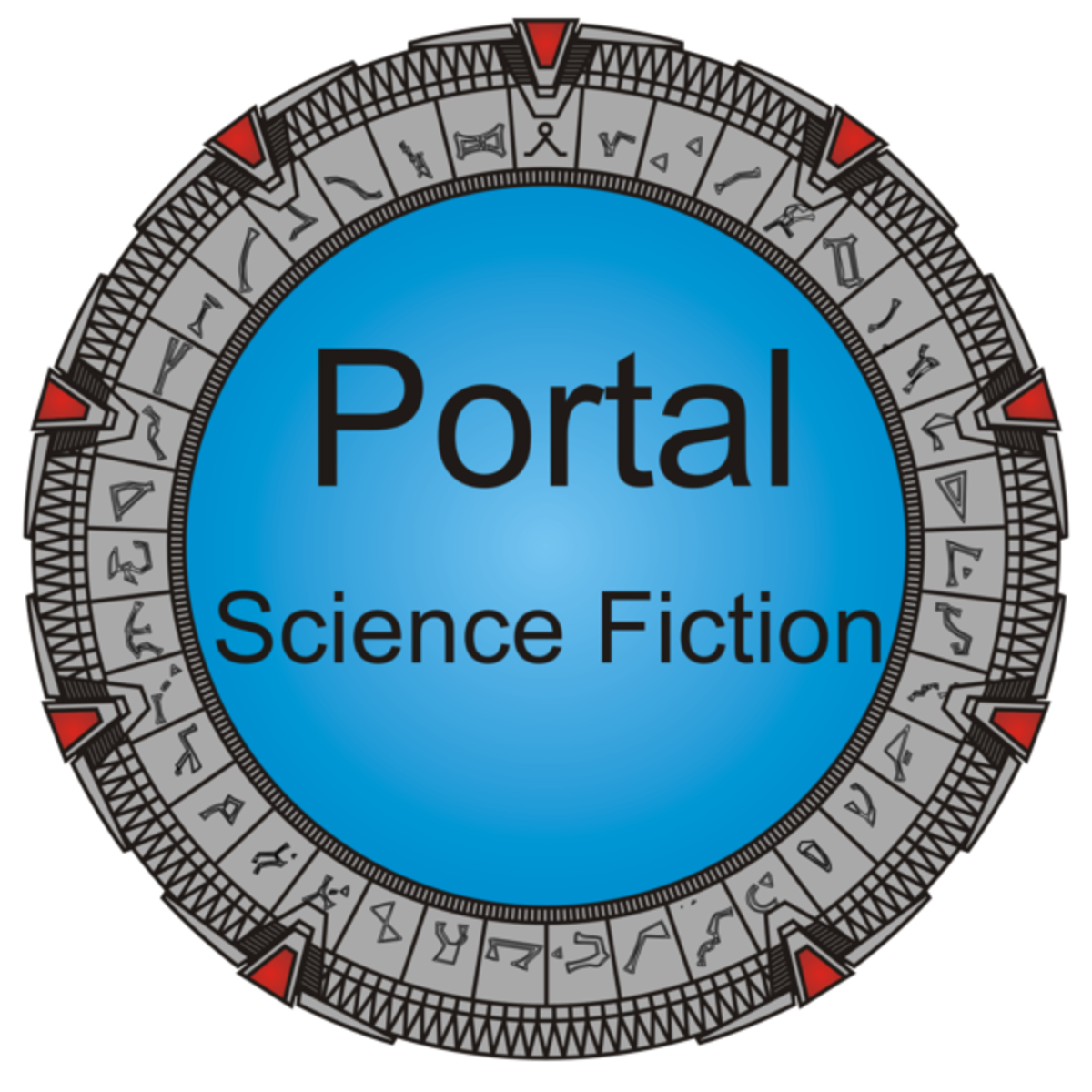Find Your Writing Style: To Deal With Life Stress
Introduction
Are their times in your life you have found overwhelmingly stressful? Whether you are a child, student, mother, employee, boss or anyone really you will already know. Sometimes life is stressful. But what do you do when this stress becomes too much? The suggestion that is the basis of this article is that you Write! Now some of you will find that humorous yes, but the benefits of writing are huge. Not only that but different forms of writing bring different benefits. That is what this article explores. Different forms of writing, the benefit of each and how you can use this to combat every day life's stress.

Different Forms of Writing
You may or may not have given it much thought, but there is an immense array of variety when it comes to choosing a writing styles that suits you. After all the act of writing is just putting pen to paper and producing words. The various types of writing explored in this article are as follows:
- Fiction: Short/Long Stories, Childrens Stories, Comics, etc.;
- Non-Fiction: Informative Writing, Reviews, How-To's, etc.; and
- Person: Diary, Journal, Financial or Goal/Personal Tracking.
These three different types of writing contain massively extensive sub-sections or sub-topics. However grouped into three broad categories, the benefits and practical application can far easilier be discussed and subsequently understood.
Table Display of Different Writing Styles (For Example)
Fiction
| Non-Fiction
| Personal
|
|---|---|---|
Short-Story
| Informative Writing
| Diary
|
Novel
| Reviews
| Journal
|
Children's Books
| How-To's
| Finance Tracking
|
Comics
| Recepies
| Goal/Productivity Tacking
|


Writing Fiction
Fiction is the first broad category to be explored. One of the most easily distinguishable benefit of writing fiction is that it facilitates free expression, and by taking your mind off life's stressors for a while to immerse yourself in a fantasy land. It can be easy to see how that would be very therapeutic. However, free expression is not the only benefit when it comes to writing fiction. Another benefit not as commonly known it that it can also act as a form of wish fulfilment. As you write about doing things that you (for whatever reason) can't yourself do, you gain the benefit of feeling like you did get to experience that, even if you didn't really. Additionally the feeling of accomplishment that is felt when either you manage to publish your work, or it is praised by those whose opinion actually holds some significance to you. Those moments make all of your hard work feel worth it.
Now I know some of you will be thinking "I'm not very imaginative" and that's ok. I'll only mention two things before moving on.
- One, plenty of articles online give rough formulas for what different types of stories should contain. Most commonly this can be summed up with (a character, in a situation, with a problem, that escalates and is resolved).
- Two, most forms of writing also have an expected word count. The most common word counts, for example, are 2,500 for short-stories and 50,000 for novels. Although that can vary depending on the genra.
If you still don't see yourself being able to write a work of fiction from the depths of your imagination, even with a rough formula. You may be more suited to one of the other broad categories expressed here, such as non-fiction or personal.

Writing Non-Fiction
Non-Fiction is the next form of writing we will turn to. It includes things in the way of informative articles, practical and useful product reviews. Additionally, Instruction articles such as How-To articles or recipes are popular forms of non-fiction writing in modern times. Just remember to keep the review or how-to informative and only divulge in personal details when it is explicitly related to the theme of your article.
Similarly to fiction, as expressed earlier. Rough formulas are also presented for these different forms of articles. However when it comes to non-fiction writing, the main thing to keep in mind is to not lose site of your topic and have some idea of your audience. That is, who your audience is. Or simpler again, who you are writing for. Even if you are only writing for yourself it is important to make a note of this. Why? because 'who' you are writing for, can and should impact 'how' you write.
However, it should also be noted at this point that if your main motivation to write is for yourself and only yourself. Then you may be more suited to the following and final style of writing explored. That is, (formal or informal) personal writing.

Personal Writing
Personal writing is yet another diverse form of writing. It can take the on the form of a journal, or diary (the difference in a moment) or even financial or goal/productivity tracking.
Now, the difference.
To my understanding, the difference between a diary and a journal is primarily identifiable information. A diary usually contains thoughts and feelings about people and events. Whereas a journal records things of personal significance but leaves out names/places and other such information that would identify who is begin written about. Put simply a diary is 'Who' whereas a journal is 'What'. Give that some thought for a moment.
But what about Financial/Personal?
Yes, there is still a third form of personal writing that merits inclusion. That is financial or personal goal tracking. Some of everyday life's biggest stressors such as but not limited to financial or performance stress can be easily alleviated by keeping track and monitoring your progress. Even just haveing an understanding or awareness of your situation can alleviate a lot of unnecessary unneeded stress.
Audience Opinion Poll
Which Style Works Best For You?
Summary
This article explored the many different types of writing styles that could be used to elevate everyday life stress. This was done by looking in detail at three broad categories of writing such as;
- Fiction,
- Non-Fiction, and
- Personal Writing.
I hope this article allowed you to find your unique writing style and give you some idea of how to implement those techniques in your own life. That is, the tools you need to implement these suggestions and decrease your personal everyday life stress. Or if nothing more, I hope you learned something new, something that you were not already aware of. This way you still gleaned some small benefit from exploring this topic. Maybe you know someone who could benefit more from the concepts and could look like a hero, yourself suggesting them. Again that would still be a benefit.
Closing Comments
Personally, I like all three types of writing for various reasons summed up bellow.
- Writing Fiction is a way to construct and escape intro different versions of reality. The therapeutic benefits are obvious yes but also gained from reading Fiction.
- Writing Non-Fiction, on the other hand, is excellent for clarifying or exploring your understanding of different topics, or explore something entirely new. It's entirely up to you.
- Personal writing is special in the sense that it's only for you, and it allows you to reflect on different times in your life you think are significant. It can also help you to organise your life.
Either way personal writing (as with all forms of writing) can have immense benefits in the short and long-term if you commit to it and write consistently. As long as you enjoy what you are doing, you will always be benefiting, learning, and growing from your experiences. Just remember to enjoy yourself and take a break when you need to. Or else you might fall into the trap of creating more stress in trying to reduce stress. ***This article was inspired by Gypsy Rose***






